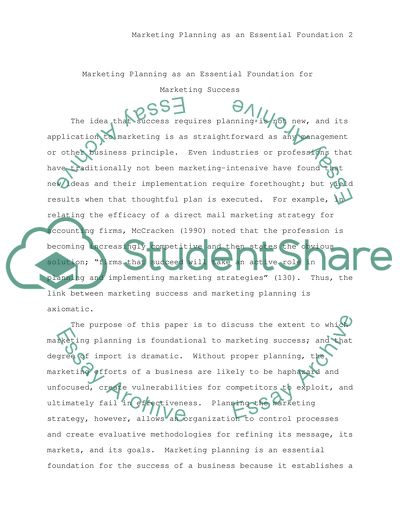Cite this document
(“Marketing Planning as an Essential Foundation for Marketing Success Essay”, n.d.)
Marketing Planning as an Essential Foundation for Marketing Success Essay. Retrieved from https://studentshare.org/marketing/1512925-marketing-planning-as-an-essential-foundation-for-marketing-success
Marketing Planning as an Essential Foundation for Marketing Success Essay. Retrieved from https://studentshare.org/marketing/1512925-marketing-planning-as-an-essential-foundation-for-marketing-success
(Marketing Planning As an Essential Foundation for Marketing Success Essay)
Marketing Planning As an Essential Foundation for Marketing Success Essay. https://studentshare.org/marketing/1512925-marketing-planning-as-an-essential-foundation-for-marketing-success.
Marketing Planning As an Essential Foundation for Marketing Success Essay. https://studentshare.org/marketing/1512925-marketing-planning-as-an-essential-foundation-for-marketing-success.
“Marketing Planning As an Essential Foundation for Marketing Success Essay”, n.d. https://studentshare.org/marketing/1512925-marketing-planning-as-an-essential-foundation-for-marketing-success.


